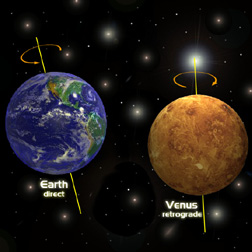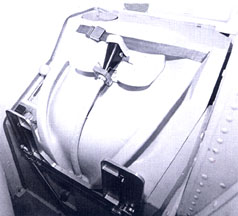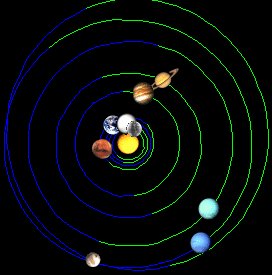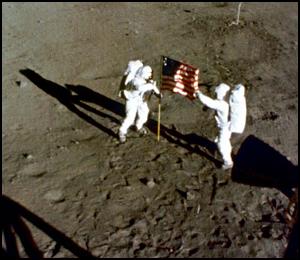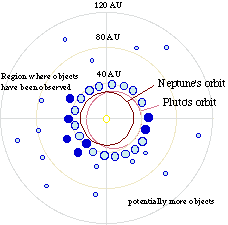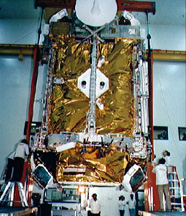Besides black holes, are there other possible ways to time travel that we could actually do now or in the near future?

"We see which way the stream of time doth run."
--Shakespeare, Henry IV
There's some bad news: we can't travel into past, at least not right now.
Travelling into the future may be a different story.
One way to travel into the future is to stop your body from aging. You
could freeze it in time, so to speak. In fact, some people think this can
be done. A division of science known as cryobiology studies the
effects of freezing on organisms. Some cold-blooded animals and insects
partially freeze during winter only to thaw out when spring comes. Sure
beats trying to stay warm!
Some scientists are studying how these creatures can survive freezing. If
humans were to freeze, the water in our cells would turn to ice and rip
the cells apart. If we were to find a way to prevent this from happening,
we could be frozen and then thawed again in the future--without getting
older.
One other way to travel into the future is called time dilation.
Time appears to slow down for objects moving near the speed of light.
Theoretically, time would get slower and slower and eventually stop for
someone moving at the speed of light. That is, time to the speeder would
appear normal and the rest of the world would seem to be aging really
fast. The only problem is that we can't yet reach the speeds needed for
the time dilation to be noticeable.
Travelling into the past is impossible for us now. Though, theoretically
it may be possible in this universe. Einstein's theory of general
relativity allows for phenomena known as closed timelike curves
(CTCs) to exist. These have been theorized to be related to
faster-than-light travel. In a CTC, the traveller would, through a
distortion created in space-time, appear in the past. The problem with
this sort of travel is that CTC's would need matter with a negative
density to be created.
Submitted by Danielle (Michigan, USA)
(August 27, 1997)





